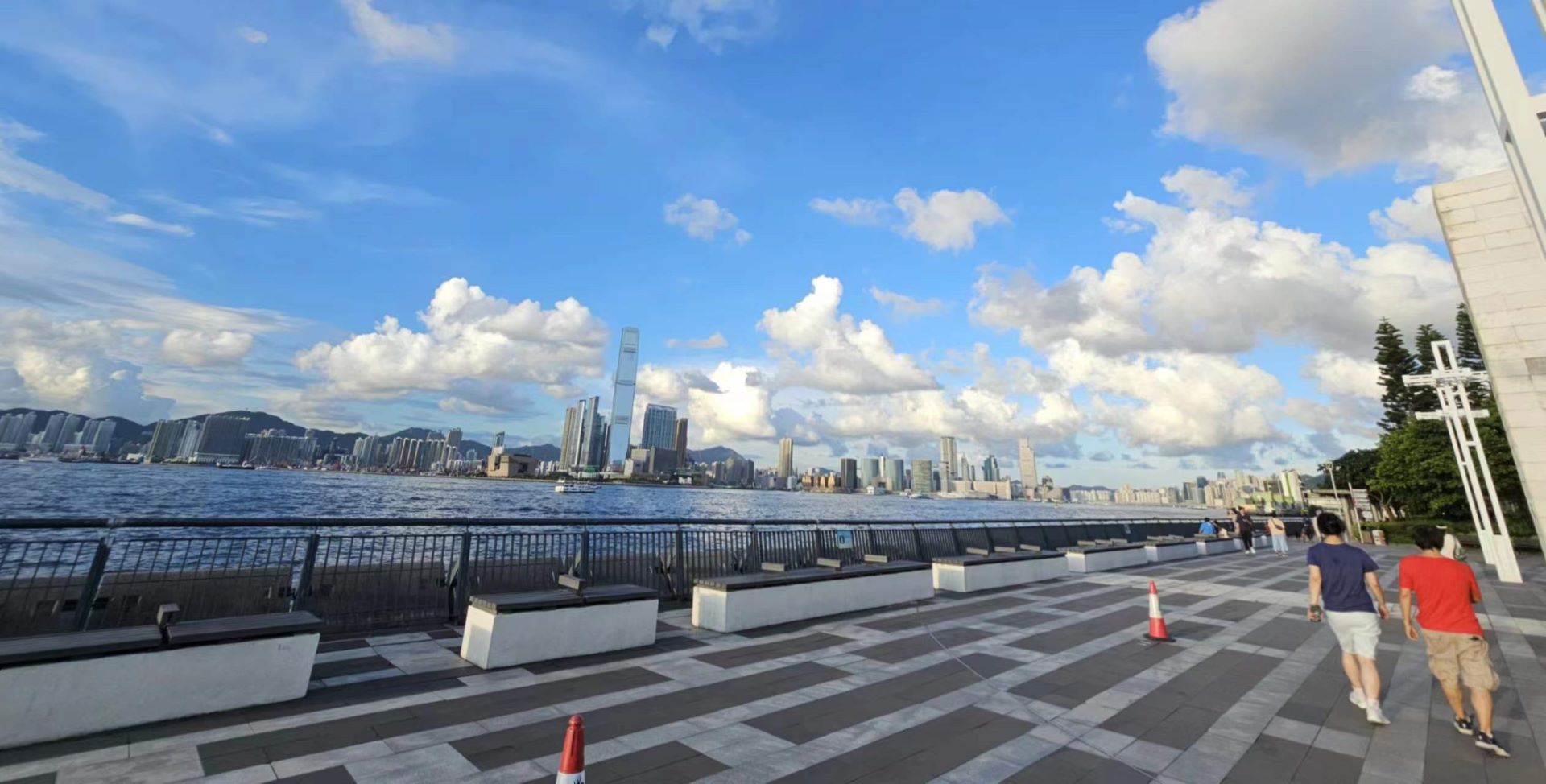
A new policy to attract capital to Hong Kong has received a resounding response, with 339 applications having been filed since its launch on March 1. If all applications are approved, it’s expected to bring more than HK$10 billion ($1.28 billion) in investment to the city.
According to a government release on Wednesday, the New Capital Investment Entrant Scheme (New CIES) had received more than 3,700 enquiries as of Sunday. Three applications have been given the green light, with the applicants each having invested HK$30 million in the city. An additional 88 applications have received approval-in-principle, enabling the applicants to stay in the Hong Kong Special Administrative Region for 180 days to facilitate their investment.
The New CIES was announced in the SAR government’s 2023-24 Budget in February 2023, and was later identified as one of eight policy measures to promote the growth of family offices
With the first batch of entry applications having been approved, Benson Kwok Joon-fung, director of immigration, said the department is actively processing other applications.
The Immigration Department will continue to collaborate closely with InvestHK – a government agency responsible for foreign direct investment – to create an even more business-friendly environment in Hong Kong, Kwok added.
ALSO READ: InvestHK: 322 companies set up shop in HK in first half of 2024
A businessman surnamed Zhang is among the first batch of investors approved under the scheme. Given Hong Kong’s top-tier education resources, its proximity to the Chinese mainland, and the competitive investment returns, he said that he submitted his application as soon as the scheme was launched.
The 34-year-old from southeast China’s Fujian province added that he plans to develop his business and buy property in Hong Kong.
Standard Chartered’s investment products relating to the program have received over 6,000 enquiries both online and offline since March, with about 70 percent of clients aged 40 or above, said Yvonne Lam, head of the bank’s wealth management and retail banking business.
First-time investors tend to adopt a cautious approach, opting for products with stable returns like bonds and funds, but their investment choices become more diversified as they learn more about the market, Lam noted.
ALSO READ: 45 life, health technology companies set to expand in HK
Alpha Lau Hai-suen, director-general of InvestHK, said, “The New CIES brings a vast pool of talent to Hong Kong, attracting successful businessmen and innovative entrepreneurs,” adding that she believes the scheme will enhance the strengths of Hong Kong’s asset and wealth management industry.
The New CIES was announced in the SAR government’s 2023-24 Budget in February 2023, and was later identified as one of eight policy measures to promote the growth of family offices.
Under the program, applicants must hold net assets of at least HK$30 million, and invest a minimum of HK$30 million in eligible assets. Ninety percent of the investment should be deployed to permissible financial assets and non-residential real estate, such as equities and debt securities, while the remaining HK$3 million should go into an investment portfolio to support innovation and technology as well as other key industries.
The scheme provides another way for deep-pocketed people to apply for permanent residency in Hong Kong. Successful candidates can bring their dependents to the city and are typically granted an initial stay of no more than two years. They may apply to extend their stay after the two-year period.
READ MORE: Chan confident more strategic enterprises coming to SAR
Responding to lawmakers’ queries on whether the government would consider a more flexible asset test, Christopher Hui Ching-yu, secretary for financial services and the Treasury, said in a written reply on Wednesday, “We’ll continue to listen to the views of the industry and examine relevant arrangements as appropriate, enabling asset owners to deploy and manage their wealth and fully realize the diversified investment opportunities in Hong Kong.”
In the latest move to further facilitate talent flow, the central government announced on Monday that non-Chinese Hong Kong permanent residents will soon be eligible for a card-type document to enhance convenience for clearance at control points into the mainland. Under this new measure, cardholders will be able to travel to the mainland multiple times within the five-year validity period, without the need to apply for a separate visa.


